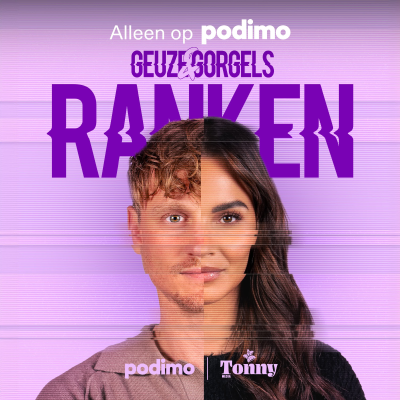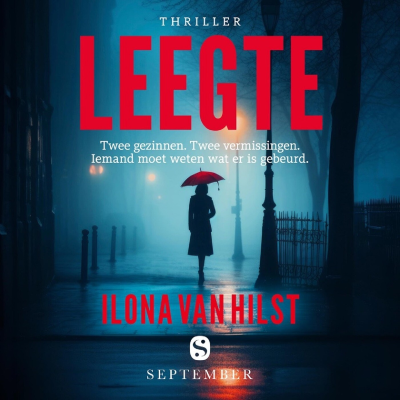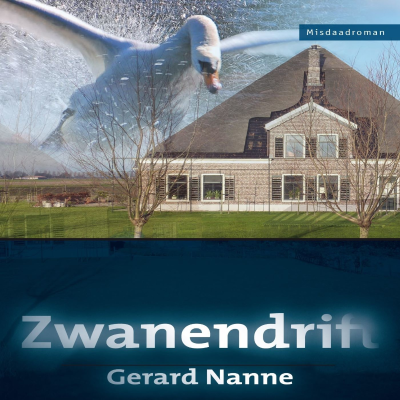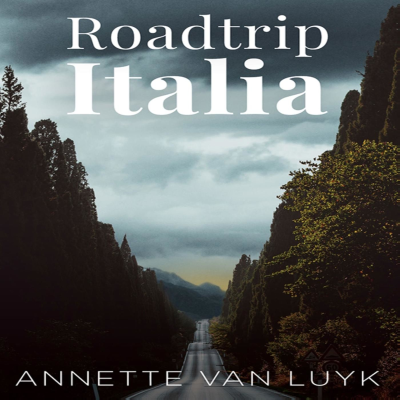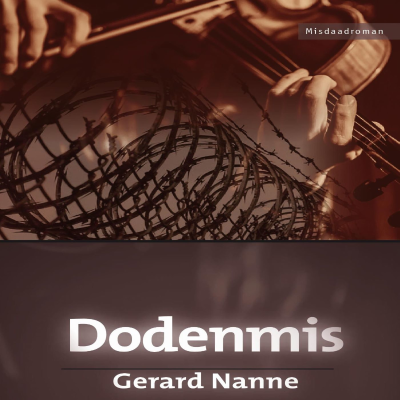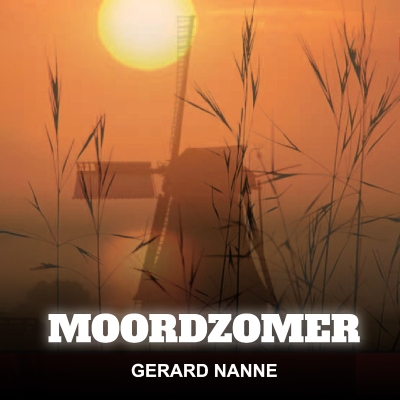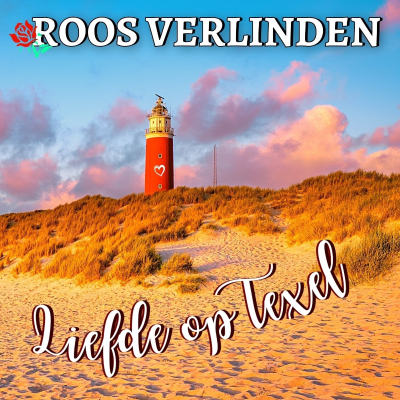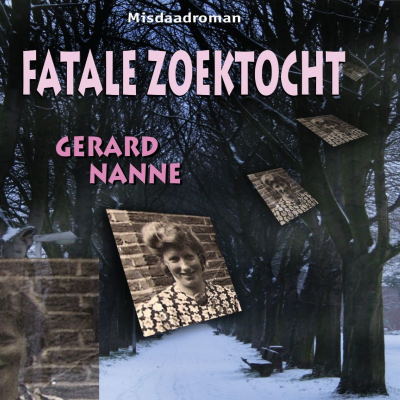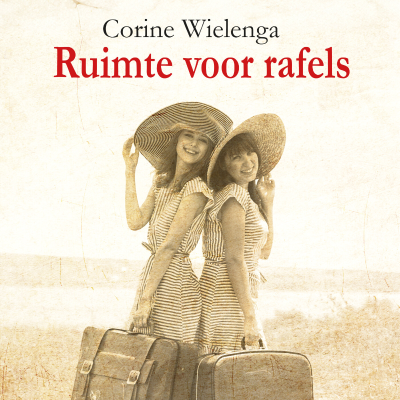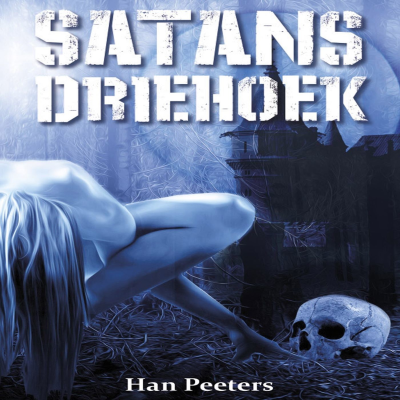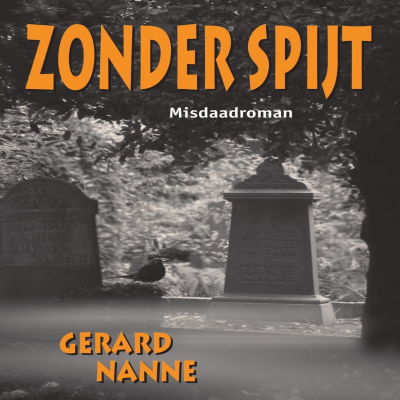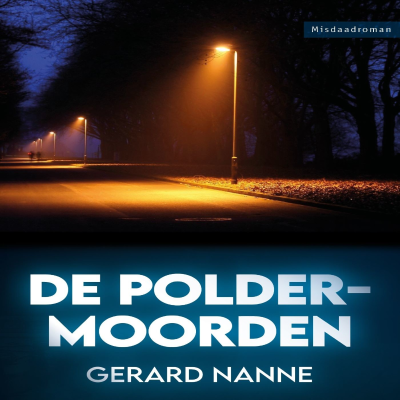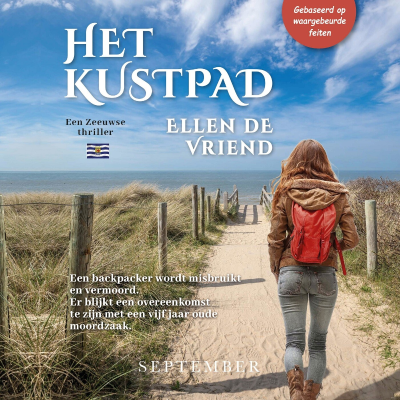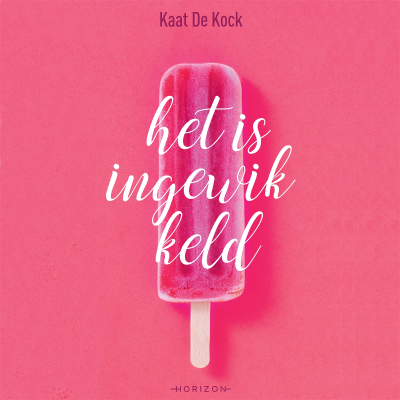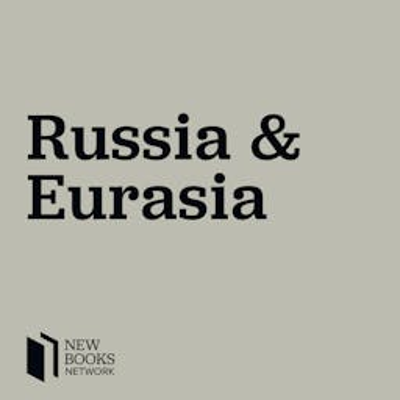
New Books in Russian and Eurasian Studies
Engels
Persoonlijke verhalen & gesprekken
Tijdelijke aanbieding
1 maand voor € 1
Daarna € 9,99 / maandElk moment opzegbaar.
- 20 uur luisterboeken / maand
- Podcasts die je alleen op Podimo hoort
- Gratis podcasts
Over New Books in Russian and Eurasian Studies
This podcast is a channel on the New Books Network. The New Books Network is an academic audio library dedicated to public education. In each episode you will hear scholars discuss their recently published research with another expert in their field. Discover our 150+ channels and browse our 28,000+ episodes on our website: newbooksnetwork.com Subscribe to our free weekly Substack newsletter to get informative, engaging content straight to your inbox: https://newbooksnetwork.substack.com/ Follow us on Instagram and Bluesky to learn about more our latest interviews: @newbooksnetwork Support our show by becoming a premium member! https://newbooksnetwork.supportingcast.fm/russian-studies
Alle afleveringen
983 afleveringenAnna Zhelnina, "Private Life, Public Action: How Housing Politics Mobilized Citizens in Moscow" (Temple UP, 2025)
Renovation, an urban renewal plan in Moscow that was announced in the spring of 2017, proposed to demolish thousands of socialist-era apartment buildings. In a country where it is rare under an authoritarian government, residents supported or opposed the redevelopment by mobilizing and organizing into local alliances. They were often shocked by their neighbors who were excited about the new housing or those suspicious of being displaced. Private Life, Public Action: How Housing Politics Mobilized Citizens in Moscow [https://bookshop.org/a/12343/9781439926147] (Temple UP, 2025) by Dr. Anna Zhelnina traces how residents impacted by the relocation plan became activists despite having little to no experience organizing or even forming political affiliations and opinions. Dr. Zhelnina details the ways in which neighbors engaged in collective action, as well as the individual and structural changes these interactions caused. Dr. Zhelnina develops the concept of “housing strategies” to explain how residents’ debates with their neighbors about housing were shaped by their private life strategies. She applies her findings about housing in Moscow to ongoing questions about political mobilization, demonstrating how public engagement is shaped by historical and social contexts. Examining the intersection of housing, politics, and citizenship in contemporary Russia, Private Life, Public Action offers a new way to look at urban change. This interview was conducted by Dr. Miranda Melcher whose book [https://www.bloomsbury.com/uk/securing-peace-in-angola-and-mozambique-9781350407930/] focuses on post-conflict military integration, understanding treaty negotiation and implementation in civil war contexts, with qualitative analysis of the Angolan and Mozambican civil wars. You can find Miranda’s interviews on New Books with Miranda Melcher [https://newbooksnetwork.com/category/special-series/new-books-with-miranda-melcher], wherever you get your podcasts. Learn more about your ad choices. Visit megaphone.fm/adchoices [https://megaphone.fm/adchoices] Support our show by becoming a premium member! https://newbooksnetwork.supportingcast.fm/russian-studies [https://newbooksnetwork.supportingcast.fm/russian-studies]
Anna Shadrina, "The Babushka Phenomenon: Older Women and the Political Sociology of Ageing in Russia" (UCL Press, 2025)
The Babushka Phenomenon: Older Women and the Political Sociology of Ageing in Russia [https://bookshop.org/a/12343/9781800089082] (UCL Press, 2025) by Dr. Anna Shadrina examines the social production of ageing in post-Soviet Russia, highlighting the role of grandmothers as primary caregivers due to men’s traditional estrangement from family life. This expectation places grandmothers, or babushkas, in a position where they prioritise childcare and housework over their careers, making them unpaid family carers reliant on the state and their children. Dr. Shadrina situates older Russian women’s experiences within the post-Soviet redefinition of the nation, analysing their portrayal in popular media and biographical narratives of women aged 60 and over in Russia and the UK. It addresses class and racial disparities, noting how some women outsource family duties to less qualified women, and emphasises age as a significant but overlooked axis of social inequality. From a feminist perspective, the book explores citizenship as both a status and a practice of inclusion and exclusion. By focusing on older women’s rights to participate in private and public spheres, it discusses the new social inequalities that emerged after the USSR’s collapse. Despite prioritising others’ interests, older Russian women actively engage in economic citizenship, though their struggles for recognition are often excluded from formal economy and politics. This interview was conducted by Dr. Miranda Melcher whose book [https://www.bloomsbury.com/uk/securing-peace-in-angola-and-mozambique-9781350407930/] focuses on post-conflict military integration, understanding treaty negotiation and implementation in civil war contexts, with qualitative analysis of the Angolan and Mozambican civil wars. You can find Miranda’s interviews on New Books with Miranda Melcher [https://newbooksnetwork.com/category/special-series/new-books-with-miranda-melcher], wherever you get your podcasts. Learn more about your ad choices. Visit megaphone.fm/adchoices [https://megaphone.fm/adchoices] Support our show by becoming a premium member! https://newbooksnetwork.supportingcast.fm/russian-studies [https://newbooksnetwork.supportingcast.fm/russian-studies]
Jochen Hellbeck, "World Enemy No. 1: Nazi Germany, Soviet Russia, and the Fate of the Jews" (Penguin Group, 2025)
In the West, World War II is commonly understood as the Allies’ struggle against Nazism. Often elided, if not simply forgotten, is the Soviet Union’s crucial role in that fight. With this book, acclaimed historian Jochen Hellbeck rectifies this omission by relocating the ideological core of the conflict. It was not the Western powers but Communist Russia that Nazi Germany viewed as an existential threat—in fact, “World Enemy No. 1.” Jewish revolutionaries, the Nazis believed, had seized power in 1917 and were preparing the Soviet state to destroy Germany and the world. And so, on June 22, 1941, a German army of three million attacked the Soviet Union to exterminate “Judeo-Bolshevism,” Hitler’s cardinal obsession. While Europe’s Jews were expelled, exiled, and persecuted by the Nazis, Soviet Jews were immediately slated for elimination. The Soviet lands thus became ground zero for systematic extermination, which was only later extended to all Jews, igniting the Holocaust. Hellbeck plumbs newly declassified archives and previously undiscovered sources—testimonies, diaries, and dispatches from soldiers and civilians, Soviet and German—to offer a unique history that takes account of both sides. He reconstructs the years leading up to the war when “Europe against Bolshevism” was the Nazis’ most fervid rallying cry, and documents their annihilatory ambitions on the battlegrounds in the East. Widely disseminated accounts of German atrocities mobilized millions of Soviet citizens to join a people’s war against the hated invaders. Hellbeck tracks the desire for revenge that drove the Red Army on its path of reconquest, an advance that further inflamed the belief in a murderous “Bolshevik Jew,” stirring the Germans to fight to the bitter end. Recounted here in vivid detail are the events at Babi Yar, the Battle of Stalingrad, the liberation of the concentration camps, and the arrival of the Red Army in the Nazi capital. Finally, Hellbeck reckons with the West’s persistent disregard of the Soviet Union’s incalculable contribution to winning the war—and its sacrifice of twenty-six million citizens—as anti-communism and the Cold War turned erstwhile allies into mortal enemies. Hellbeck’s eye-opening work is an astonishing new reading of both the Second World War and how its history has been told. Learn more about your ad choices. Visit megaphone.fm/adchoices [https://megaphone.fm/adchoices] Support our show by becoming a premium member! https://newbooksnetwork.supportingcast.fm/russian-studies [https://newbooksnetwork.supportingcast.fm/russian-studies]
Oana Godeanu-Kenworthy, "Videotape" (Bloomsbury, 2025)
Over the span of a single decade, VHS technology changed the relationship between privacy and entertainment, pried open the closed societies behind the Iron Curtain, and then sank back into oblivion. Its meteoric rise and fall encapsulated the dynamics of the '80s and foreshadowed the seismic cultural shifts to come after the Cold War. In the West, its advent deepened the trends of the age: individualism, consumerism, the fragmentation of society, and the consolidation of corporate power in the entertainment industry and its victory over the regulatory powers of the state. In the East, it encouraged new forms of socialization and economic exchanges, while announcing the gradual crumbling of government control over the imagination of the people. By the mid-1990s, the VHS format was displaced by the DVD. The DVD would eventually give way to streaming. As explored in Videotape [https://bookshop.org/a/12343/9798765100011] (Bloomsbury, 2025), by Dr. Oana Godeanu-Kenworthy in the Object Lessons series, the cultural legacy of the videotape continues to inform our relationship to technology, privacy, and to entertainment. This interview was conducted by Dr. Miranda Melcher whose book [https://www.bloomsbury.com/uk/securing-peace-in-angola-and-mozambique-9781350407930/] focuses on post-conflict military integration, understanding treaty negotiation and implementation in civil war contexts, with qualitative analysis of the Angolan and Mozambican civil wars. You can find Miranda’s interviews on New Books with Miranda Melcher [https://newbooksnetwork.com/category/special-series/new-books-with-miranda-melcher], wherever you get your podcasts. Learn more about your ad choices. Visit megaphone.fm/adchoices [https://megaphone.fm/adchoices] Support our show by becoming a premium member! https://newbooksnetwork.supportingcast.fm/russian-studies [https://newbooksnetwork.supportingcast.fm/russian-studies]
Dustin Condren, "An Imaginary Cinema: Sergei Eisenstein and the Unrealized Film" (Cornell UP, 2024)
An Imaginary Cinema: Sergei Eisenstein and the Unrealized Film [https://bookshop.org/a/12343/9781501778490] (Cornell UP, 2024) explores the unfinished cinematic projects developed and abandoned by Soviet filmmaker Sergei Eisenstein between 1927 and 1937. Centred on seven major film concepts, the book examines what it means for a work of art—particularly a film—to remain unfinished or unrealised, and how these projects fit within Eisenstein’s broader theoretical and practical framework. Offering unique insight into the history of film production in Stalinist Russia, An Imaginary Cinema contrasts Eisenstein’s experiences with both the Soviet film industry and Hollywood, and considers the technological transitions that shaped early cinema. Learn more about your ad choices. Visit megaphone.fm/adchoices [https://megaphone.fm/adchoices] Support our show by becoming a premium member! https://newbooksnetwork.supportingcast.fm/russian-studies [https://newbooksnetwork.supportingcast.fm/russian-studies]
Kies je abonnement
Tijdelijke aanbieding
Premium
20 uur aan luisterboeken
Podcasts die je alleen op Podimo hoort
Gratis podcasts
Elk moment opzegbaar
1 maand voor € 1
Daarna € 9,99 / maand
Premium Plus
Onbeperkt luisterboeken
Podcasts die je alleen op Podimo hoort
Gratis podcasts
Elk moment opzegbaar
Probeer 30 dagen gratis
Daarna € 11,99 / month
1 maand voor € 1. Daarna € 9,99 / maand. Elk moment opzegbaar.





